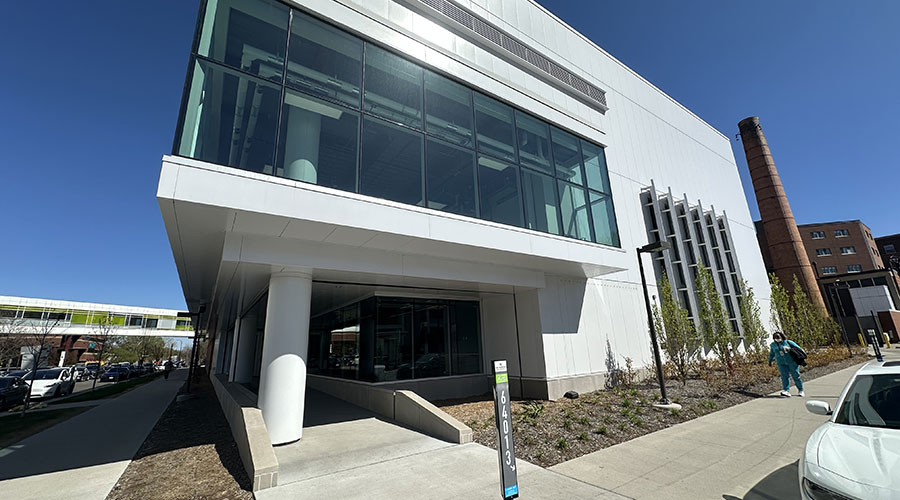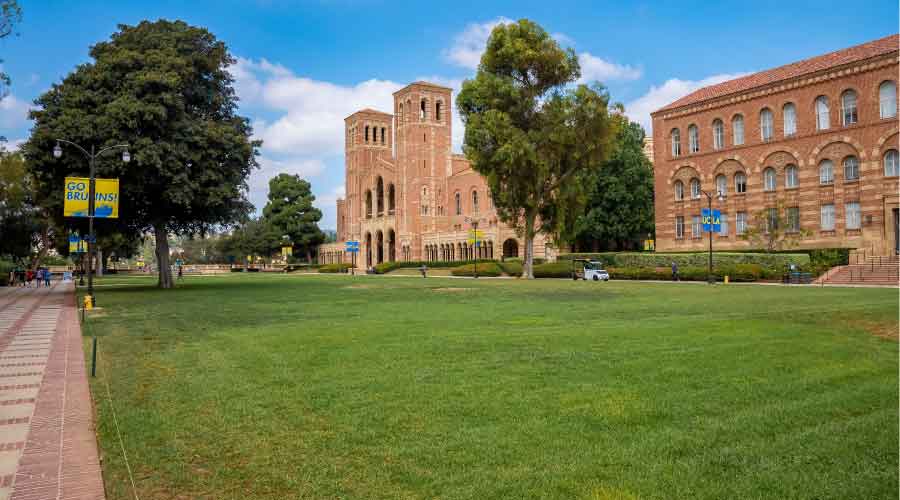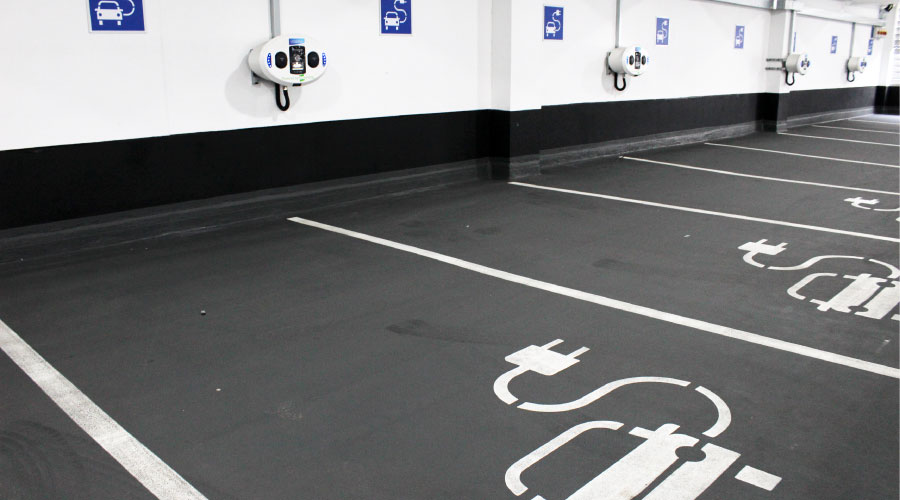Insights from a Career in Grounds Management
Gerald Dobbs discusses the accomplishments and challenges that have been important elements of his career in grounds management.
By Dan Hounsell, Senior Editor
Gerald Dobbs, grounds manager at the University of Texas at El Paso, discusses the accomplishments and challenges that have been important elements of his career in grounds management, including building a team, being a cheerleader and treating people with respect.
FacilitiesNet: When and why did you enter the facilities and maintenance management profession?
Gerald Dobbs: In fall 1988, I was offered the job as the first landscape superintendent of the grounds department at Virginia Tech University. For several years before the job offer, I had followed the advice of a professor from the horticulture department at the university. He said that in order for me to truly be successful in landscape maintenance and management, I needed to learn how to properly dig a ditch, respect my co-workers and learn from them the secrets of being successful in the trade.
FacilitiesNet: What were your toughest challenges when starting your career? How did you address them?
Dobbs: Here are the three toughest challenges I faced:
Going after the work and the money. This meant taking the time to prepare documentation and presenting an argument that my staff is ready and eager to do any landscape installation and maintenance work. As a result, we became the service providers of choice for our customers. Whenever there was a difficult job to do outdoors in the landscape and hardscape areas, we were the first ones called upon to do the work.
Creating the environment for success. Early in my career in landscape management, I learned the importance of taking the time to meet with each employee within my department and to learn about their knowledge, skills and abilities. In many instances, I found several employees were placed in work assignments that did not take full advantage of what they had to offer to the organization. I would meet with these same employees to discuss the best approach in getting the job accomplished. Since their input was so important to me, I gave them permission to raise the proverbial yellow flag if they thought of a better way to get the job done or if there was some unforeseen problem that needed to be considered and resolved.
Being the chief cheerleader of the organization. Over the years, it has been my pleasure and my responsibility to share with upper management the many different types of work being accomplished by my staff. I make it a practice to write a document summarizing each of my staff member’s accomplishments for the year and attach it to their evaluation. To my surprise, these letters are highly regarded by the employees.
FacilitiesNet: What do you wish you had known about facilities and maintenance management that you have learned?
Dobbs: What I have learned over the years is that it is one thing to say we should treat people working in our department as valuable assets to the organization and another thing to regularly practice it. It is important that the new manager takes the time to meet with each individual employee not only to introduce himself but to learn more about the employee’s knowledge, skills, and abilities. This will be the time when each employee will learn what knowledge, skills and abilities the new supervisor brings to the job.
FacilitiesNet: What lessons can you offer people starting in facilities and maintenance management?
Dobbs: It is imperative to remember that we report to customers, staff and upper management. This means we need to work on our communication style at all three levels. I personally like to either visit with my customers and speak with them about their concerns and upcoming projects. If I am unable to meet them right away in person, I will give them a call. There is something reassuring about personally meeting someone or speaking with someone on the phone.
Address employee and management problems as quickly as possible with honesty and forthrightness. Be willing to work toward a solution to rectify the problem as quickly as possible. Do not let the problem linger.
Dan Hounsell is senior editor of the facilities market. He has more than 25 years of experience writing about facilities maintenance, engineering and management.
Related Topics:












